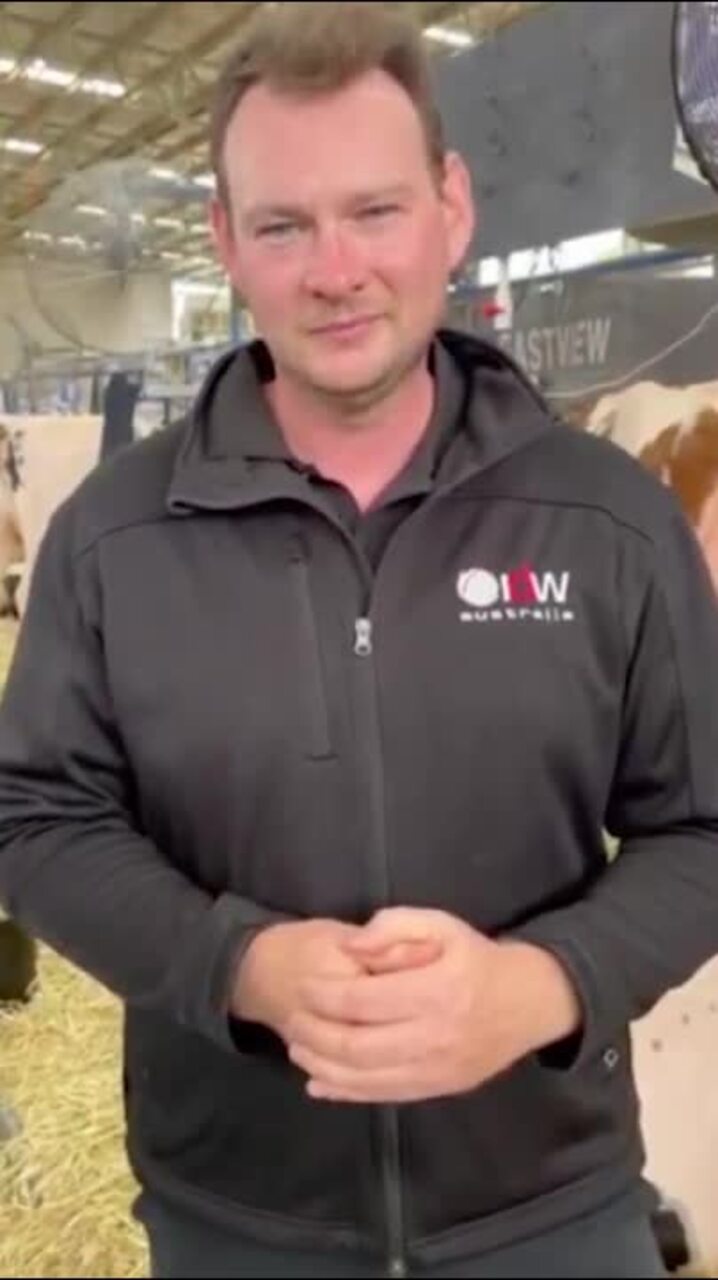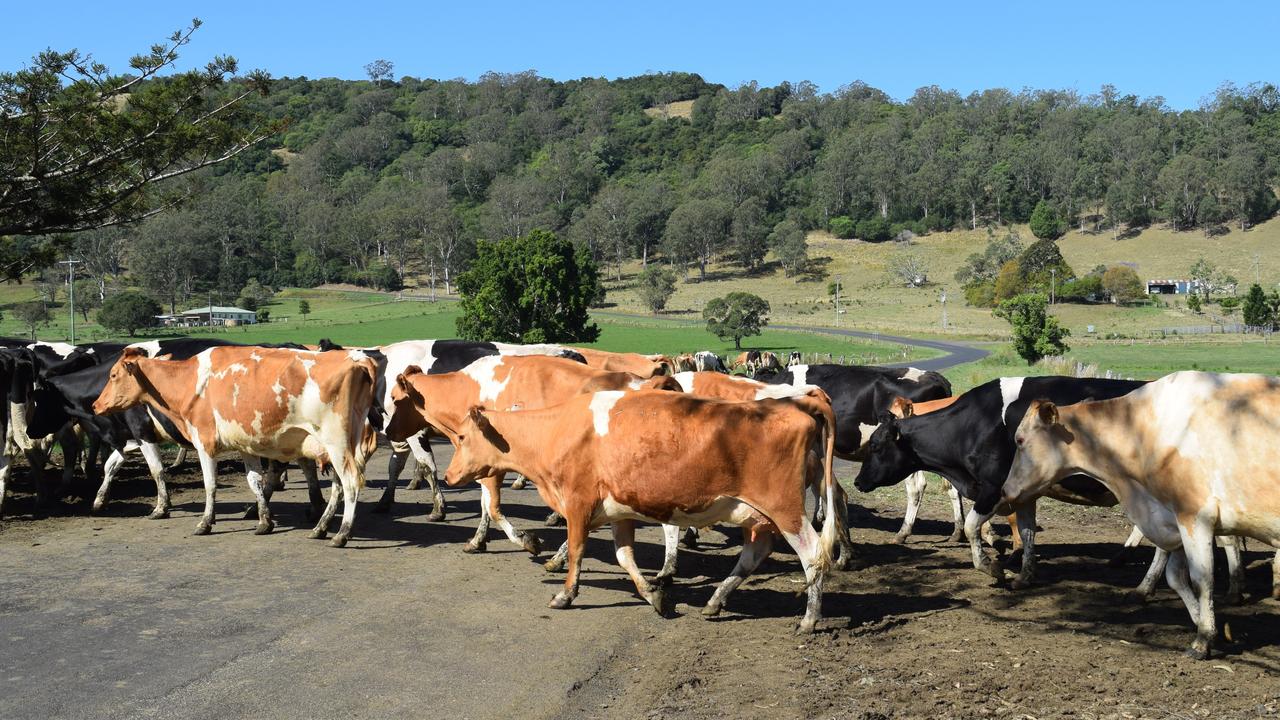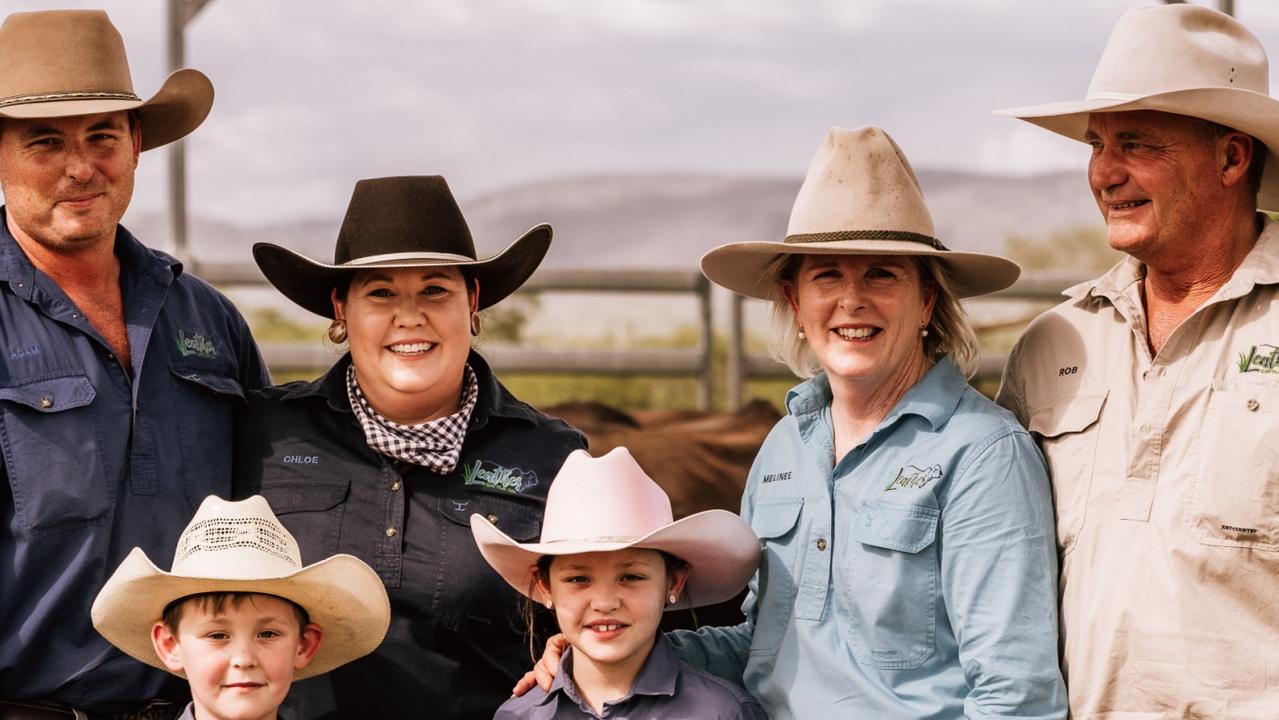Australian Dairy Products Federation issues pre-election wishlist
With more than a dozen dairy processors closing in the past three years, the sector has released a pre-election wishlist.

Australia’s dairy processor lobby group have presented a pre-election wishlist to Canberra, with a call from milk factories on training and food regulation reform.
With 15 dairy processing businesses shuttering in less than three years, the Australian Dairy Products Federation says whoever wins power at the May 3 federal poll needs to back factories on trade, tweaking dietary guidelines and training programs.
ADPF chief executive Janine Waller said combination of ongoing retail price pressures, contraction of raw milk supply as well as rising production and transport costs were “reshaping the Australian dairy industry.”
“Fifteen dairy processing businesses have publicly announced their closure over the past two and a half years,” Ms Waller said.
“You only need to look at our supermarket shelves to witness the range of cheaper imported dairy products available – cheeses, butter, ice cream.
“Imported dairy products now make up one in every four products in Australian consumers shopping baskets.”
Ms Waller said the ADPF’s ‘Dairy Industry Success Strategy’ would be guided by a minister-led Dairy Industry Taskforce.
The processor federation is calling for government investment in sustainability initiatives as well as strengthened Australian Dietary Guidelines and food labelling that “recognise the true nutrition and health value of dairy products.”
Both Federal Agriculture Minister Julie Collins and opposition counterpart David Littleproud are yet to formally respond to the ADPF’s wishlist.
The last dairy sector-specific statement from Ms Collins was in November when the federal government confirmed a second review of the mandatory dairy code of conduct.
Australian Dairy Farmers president Ben Bennett noted the ADPF had not acknowledged the pricing pressures faced by primary producers.
“What it reminds me of is that line — ‘a little less conversation, a little more action.’ There’s a lot of talk from the processors about talkfests in Canberra but nothing to address the huge constraints that dairy farmers are facing.” the southwest Victorian farmer said.
The ADF recently released a pre-election wishlist of its own, calling for fledgling farmer fund and a technology grant scheme.
Mr Bennett also called for a Dairy Industry Water Offset Program – worth $200m over three years – to aid with Murray-Darling Basin policy changes and pockets of drought experienced by farmers nationally.
“Many of the processors are doing very well for themselves this season. Farmers on the other hand are having their margins squeezed by low farmgate prices that aren’t keeping up with rising input costs,” he said.
The ADF has also proposed an ‘Australian Dairy Farm Efficiency Rebate’ — $50m over three years – to allow farmers to apply for a rebate of up to 70 per cent on energy efficient technology such as solar panels and power storage systems.





